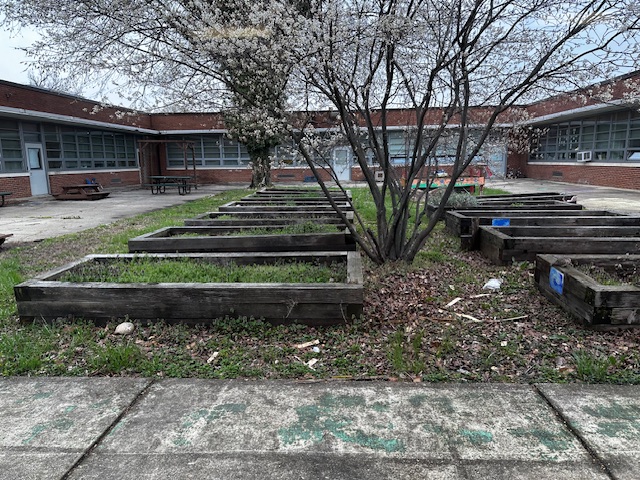Here is how the project went:
Our Roots & Shoots grant project focused on exploring the roles of pollinators and decomposers in our local ecosystem. Through hands-on activities in our school garden, students learned how these organisms support a healthy environment. We studied habitats for pollinators and decomposers and investigated the ways worms help compost organic matter. Students engaged in outdoor learning by locating decomposers in the soil, preparing garden beds, and planting both native plants and vegetables. The native plants were chosen specifically to attract pollinators like bees and butterflies, supporting biodiversity right on our school grounds.
Through this project I/we learned:
Students learned how these organisms support a healthy environment. We studied habitats for pollinators and decomposers and investigated the ways worms help compost organic matter. Students engaged in outdoor learning by locating decomposers in the soil, preparing garden beds, and planting both native plants and vegetables. The native plants were chosen specifically to attract pollinators like bees and butterflies, supporting biodiversity right on our school grounds.
What I/we might change:
Look for more parent support to encourage them to do the work with their kids.
My/our favorite part of this project was:
All of the time spent in the garden with the kids. It was amazing hearing how excited they were when they saw pollinators and decomposers.
Some tips, tricks or fun facts about the project:
It was great to have the support of my school administration. It defiantly made for a more successful project.
